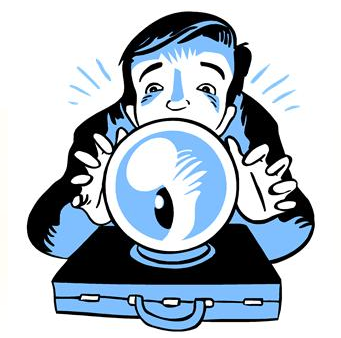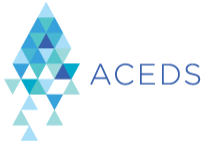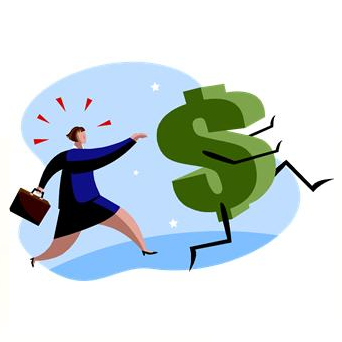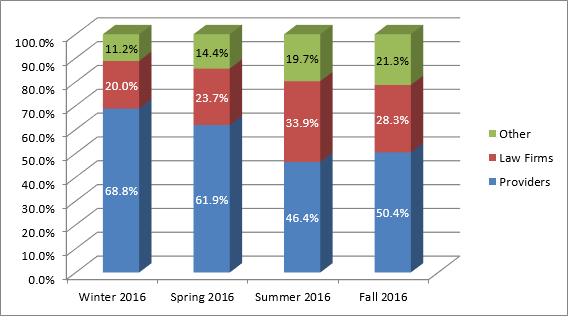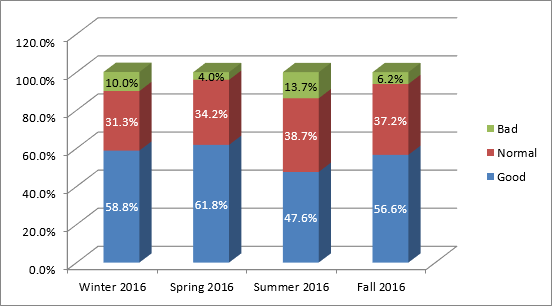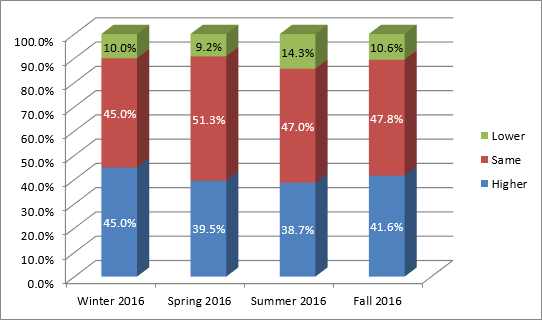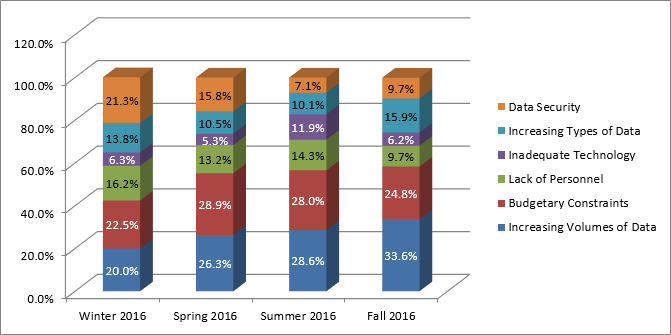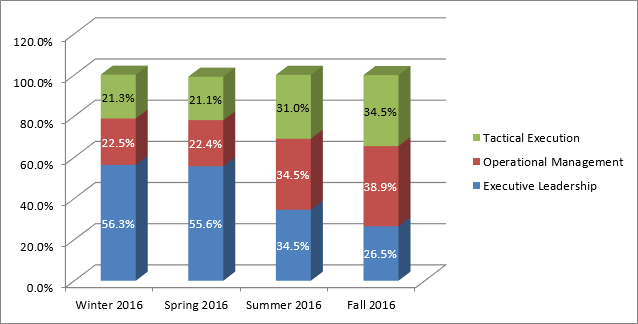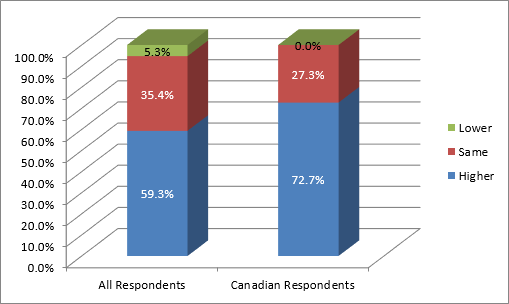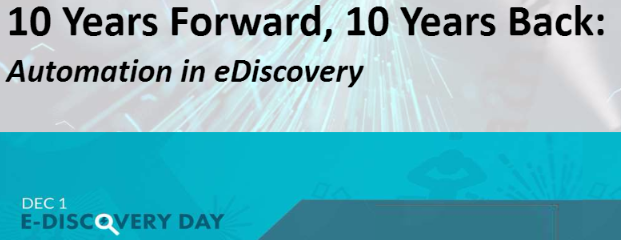“Legalweek, The Experience” 2017 is One Week From Today!: eDiscovery Trends
What is “Legalweek, The Experience”, you say? LegalWeek is LegalTech New York, along with six other “events-within-an-event” that will be going on next week in New York at the New York Hilton Midtown, starting next Tuesday, January 31 and concluding on Thursday, February 2. Let’s take a look at some of the sessions and events worth particular note for eDiscovery professionals.
Several Tracks Dedicated to eDiscovery: There is at least one educational track each day devoted to eDiscovery, with Forward Thinking in eDiscovery on Tuesday, The Challenges of Cross-Border eDiscovery and Ediscovery Everywhere on Wednesday and E-Discovery’s New Frontiers on Thursday. So, there are plenty of eDiscovery related sessions during the conference (and at least three different ways to spell eDiscovery apparently). There are also at least a couple of tracks related to Information Governance (IG) and Cybersecurity (Data Security and Governance on Tuesday and 2017: Information Governance Challenges and Solutions on Thursday). So, there are plenty of interesting sessions to check out.
Tuesday Highlights: At 12:45pm, the session EDRM & NOT eDiscovery? looks intriguing – the panelists apparently apply the EDRM framework to non-discovery related challenges such as data migration and company mergers, acquisitions and divestitures. Another interesting session is at 2:15pm (eDiscovery, the Cloud & Beyond) which looks to discuss IG and litigation readiness for data in the cloud.
I would be remiss if I didn’t also mention that CloudNine and ACEDS is hosting Drinks with Doug (that’s me!) and Mary (as in Mary Mack, Executive Director of ACEDS!) at Ruth’s Chris Steak House at 148 West 51st Street on Tuesday from 4:00pm to 6:00pm. It’s a “PowerPoint free” event to hang out with other conference attendees over a drink. Space is filling up, but you can still RSVP here if you’ll be at the show and want to attend. Come join us!
Wednesday Highlights: At 9:00am, the session The Effects of the December 2015 Amendments to the Federal Rules of Civil Procedure from 3 Perspectives (Judges, Defense & Plaintiff), with panelists like Judges Peck, Rodriguez and Laporte, as well as some notable law firm panelists seems like a can’t miss opportunity to get insight as to how the 2015 Rules changes have impacted discovery. With recent developments in international discovery privacy laws, The Data Privacy Landscape: Emerging Laws Affecting Cross-Border Discovery at 10:30am should be a good look at a quickly changing landscape.
Thursday Highlights: For those who think eDiscovery is only about litigation, consider attending the 10:30am session E-Discovery for Investigations and Criminal Matters to learn more about its expanding role in new areas of law and corporate governance. And, it’s always interesting to see thought leaders predict the future, which is what will happen at The Future of e-Discovery Law, Business, and Practice at 2:00pm.
Exhibit Hall: Of course, the largest legal technology conference of the year wouldn’t be complete without an extensive list of exhibitors. This year, according to my count, there are 182 exhibitors (which is actually a few more than last year, reversing a slide in the number of exhibitors since 2013). One thing which will be interesting this year: for the first time “Exhibits-Plus” passes are not free like they have been in previous years – it now costs $45 to get into the State of the Industry Address, Keynotes, Emerging Technology and Super Sessions and, of course, the Exhibit Hall (still a lot for the money). Nonetheless, it will be interesting to see how the first-time cost will affect attendance at the show and the Exhibit Hall.
As always, we will cover the show here at eDiscovery Daily, including a list of eDiscovery and IG related sessions each day. Check here for the sessions you may want to check out at the conference!
So, what do you think? Are you attending LegalTech, er, LegalWeek next week? Please share any comments you might have with us or let us know if you’d like to know more about a particular topic.
Disclaimer: The views represented herein are exclusively the views of the author, and do not necessarily represent the views held by CloudNine. eDiscovery Daily is made available by CloudNine solely for educational purposes to provide general information about general eDiscovery principles and not to provide specific legal advice applicable to any particular circumstance. eDiscovery Daily should not be used as a substitute for competent legal advice from a lawyer you have retained and who has agreed to represent you.



